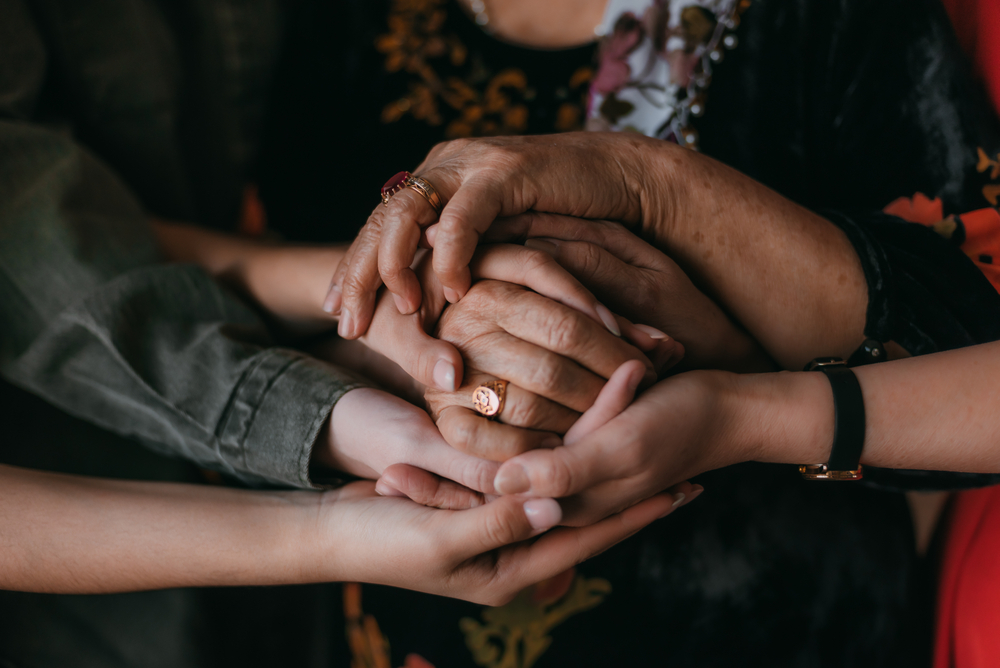In partnership with the Federal Department of Foreign Affairs of Switzerland & the Ministry for Foreign Affairs of Finland
Context
Seventy-five years after the landmark adoption of the Universal Declaration of Human Rights, there has been huge progress, in law, politics and diplomacy in promoting and protecting human rights globally, preventing violations and holding those responsible to account. Yet the international human rights framework, and multilateralism more broadly, are currently under strong pressure. The geo-political landscape is shifting. There is increasing polarisation among states, while new powers and alliances are emerging. The universality of human rights is being challenged. Significant obstacles in the implementation of international and regional human rights obligations and standards remain, as well as the enforcement of decisions of international bodies, resulting in impunity.
Concerned about a rollback of human rights, a range of experts from governments, regional organisations and the non-governmental community came together at a Wilton Park dialogue to examine the tactics and strategies being deployed to recast or undermine the international human rights framework. They further sought to re-energise alliances for promoting, protecting, respecting and fulfilling human rights, to share successful strategies, and to develop prospects for new alliances.
“Progress in protecting human rights has increasingly been made at a grassroots level, and the role of civil society is critical.”
Key points
- Building trust requires a long-term effort, honest communication, self-awareness, and self-criticism. The backsliding of democracy and increase in authoritarian tendencies can be witnessed around the world. Perceived lack of representation, greater inequality, and the lack of political leadership in delivering for all are factors that have nurtured these trends. At the international level, double standards are applied based on geopolitical interest. There is a need for all to address the root causes of this distrust, double standards and inconsistencies. Efforts should be made to have dialogue with non-traditional allies, with discussions taking place in neutral settings. Solutions necessarily include efforts to make institutions more legitimate, just and fit for purpose by improving inclusion and representation.
- While it is important to react objectively to specific crises and situations of human rights violations, there is a pressing need to think about human rights strategies in a much longer-term perspective than currently happens. This would include embracing the full spectrum of human rights, for example speaking out more about economic and other inequality issues.
- Progress in protecting human rights has increasingly been made at a grassroots level, and the role of civil society is critical. This needs greater recognition. Efforts should be made to underscore the value a vibrant civil society brings. A robust approach is needed by governments to speak out to counter the closing of civic space, and at an early stage.
- Human rights defenders, including those who protest the exploitation of resources on the lands of indigenous peoples and environmental degradation, are under attack through various state harassment strategies for carrying out their human rights activities. The detention and killing of human rights defenders require specific monitoring and coordinated responses by states and across the UN system. Media have a crucial role to play in this.
- Young people represent the future, and there should be greater engagement with youth so that they can contribute towards the work of international organisations. The UN summit of the future provides an important opportunity in this respect. In many places, young people are willing to defend their human rights, even by engaging in protests at the risk of being arrested. While youth are protected under the international framework of human rights, greater attention should be given to issues which particularly affect young people.
- There is a need to build diverse and cross-regional coalitions in governmental fora both to avoid politicisation of human rights issues, and to be effective. In creating such alliances, there is often a dilemma between principle or pragmatism. A useful distinction can be made between tactical collaboration, for example on a particular issue, and strategic alliance, where there is a higher degree of trust and a shared long-range vision.
- Building bridges and partnering effectively with sectors beyond traditional human rights actors, for example business, is important. Significant developments have occurred with the UN guiding principles on business and human rights, setting standards for business conduct and due diligence; some companies have adopted the procedures and practices required. Yet much more needs to be done to familiarise all business with these requirements and monitor their implementation.
- Universality of human rights must be the guiding principle that puts the individual at the centre. There is a clear need to build and broaden a political constituency for human rights by speaking to people in accessible language on the need to promote and protect human rights. This language should start with the basic concepts of human dignity, respect, tolerance, and decency.
“Universality of human rights must be the guiding principle that puts the individual at the centre.”
